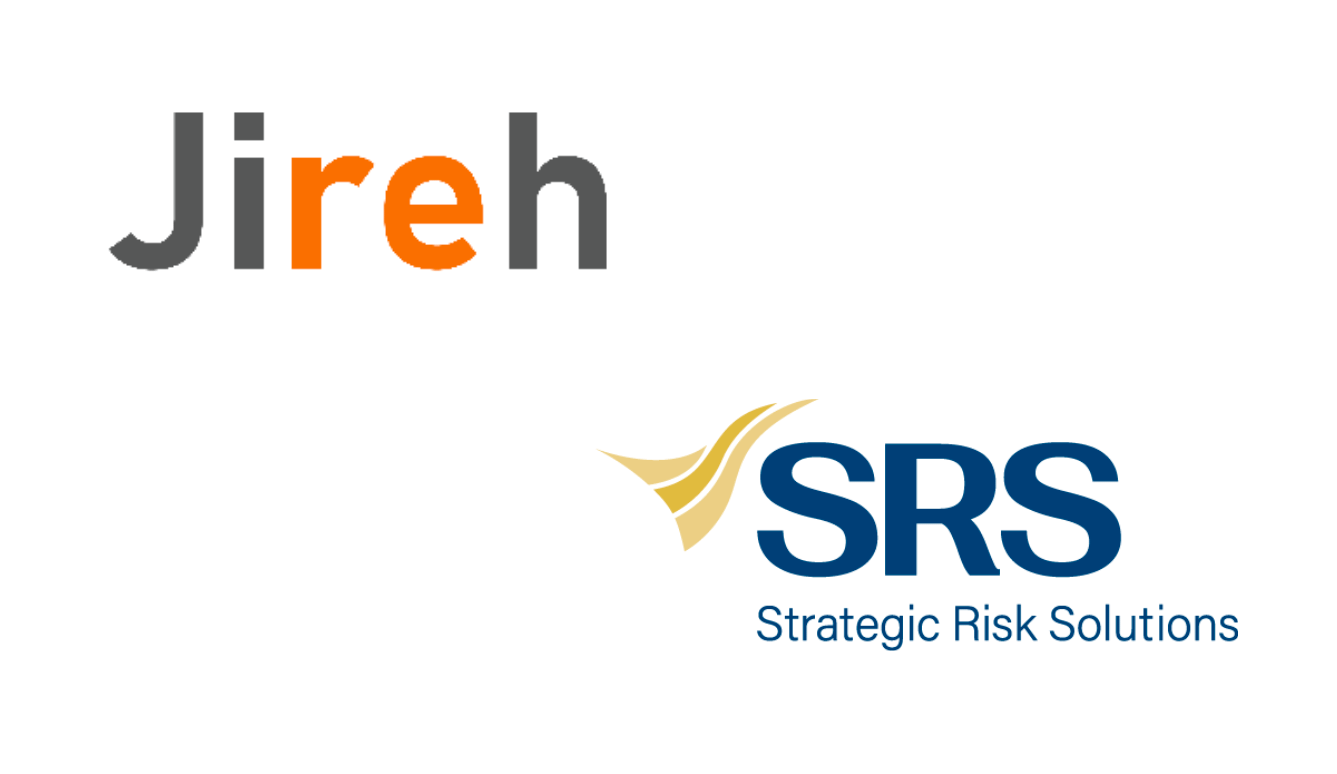A 2022 project under the Tripartite Agreement which was launched to help strengthen the financial resilience of flood-prone communities in Ghana, has successfully delivered two parametric insurance products: the Excess Rainfall Cover and the Flood Footprint Product.
 Spearheaded by the Ghana Ministry of Finance, UNDP’s Insurance and Risk Finance Facility, and the Insurance Development Forum, with support from BMZ through the InsuResilience Solutions Fund (ISF), the project’s two parametric solutions enhance Ghana’s urban flood risk adaptation.
Spearheaded by the Ghana Ministry of Finance, UNDP’s Insurance and Risk Finance Facility, and the Insurance Development Forum, with support from BMZ through the InsuResilience Solutions Fund (ISF), the project’s two parametric solutions enhance Ghana’s urban flood risk adaptation.
If you recall, Ghana recently purchased its its first parametric drought insurance policy from African Risk Capacity Limited (ARC Ltd.), the financial affiliate and parametric insurance underwriting entity of the African Risk Capacity (ARC) Group.
It’s no secret that Ghana is heavily exposed to major flooding, with the country experiencing over 27 major events over the past 30 years, 15 of which struck Accra, the rapidly expanding capital.
It’s important to note, that as flood exposure continues to increase, financial protection remains weak. This is heavily highlighted by the fact that seven out of 10 Ghanaians lack access to insurance, and 42% of the country’s population remains excluded from basic financial services.
Unlike traditional insurance, which pays out based on damage assessments, these two parametric insurance solutions offer far more faster payouts based on predefined parameters, which can include rainfall levels or flood severity, which ultimately enables communities to recover more quickly after flood events.
From what we understand, the insured areas have been carefully selected to cover vulnerable households in low-income and informal settlements in Ghana’s Greater Accra Metropolitan Area (GAMA).
Working closely with the National Disaster Management Organisation (NADMO) as well as other government stakeholders, UNDP led the drafting of a Flood Contingency Plan, and the Insurance Development Forum industry provided technical support and input.
According to the announcement, the Plan prioritises the deployment of funds from the payout for food relief, emergency shelter and non-food relief items, logistics services, environmental sanitation and hygiene promotion, restoration of livelihoods, restoration of teaching and learning materials, as well as restoration of critical infrastructure too.
Hon. Dr. Stephen Amoah, Deputy Minister of Finance, commented: “This collaboration with UNDP, IDF and BMZ is a testament to Ghana’s commitment to innovative solutions that address climate and disaster risks. The handover of these insurance solutions is a major achievement for our national disaster risk reduction efforts and the Government of Ghana is working on ensuring that the product goes live so as to benefit vulnerable Ghanaians living in the GAMA region.”
Niloy Banerjee – Resident Representative, UNDP Ghana, said: “The Tripartite Ghana project is a testament to how public and private sector can come together to bolster resilience in the face of climate change. With the development and implementation of two innovative flood insurance solutions designed for the Greater Accra region, we move a step closer to ensuring that local authorities and vulnerable communities are better prepared for any future flooding incidents.”
Charlotte Norman, Director for climate change adaptation and disaster risk reduction at National Disaster Management Organization (NADMO), added: “Insurance is an adaptation measure which can be leveraged on for resilience building thus Leaving No One Behind. The parametric flood risk insurance solutions, developed with the collaboration of key partners provides a vital financial safety net for GAMA. This innovative approach will enable us respond swiftly and effectively to flood events, protecting both lives and livelihoods, while reinforcing our commitment to sustainable and adaptive disaster risk management.”
Ivo Menzinger, Co-Chair of the Insurance Development Forum Operating Committee and Managing Director, Public Sector Business, Swiss Re, said: “The Tripartite Programme has proven to be a powerful platform for fostering collaboration between public and private actors, demonstrating how knowledge sharing and partnership can transform climate resilience efforts in vulnerable regions. By aligning technical assistance and innovative risk financing tools and working with the government, we are creating lasting impact at the country level. The successful delivery of parametric insurance solutions in Ghana is a testament to the Programme’s mission, and the lessons learned from this project can be replicated and scaled in other regions. I wish to thank all partners involved in this project for their ongoing collaborative efforts.”
Adwoa Quansah Fraikue, Acting Director, Climate Financing Division, Ministry of Finance, commented: “With the increasing frequency of floods, this parametric insurance solution will provide the government with a crucial financial tool to respond swiftly and effectively to disasters, protecting lives, livelihoods, and essential infrastructure. We are grateful for the support of our partners in making this solution a reality and look forward to further collaboration to strengthen our national risk financing strategy.”
Dr. Annette Detken, Head of InsuResilience Solutions Fund (ISF), said: “With the two innovative flood insurance solutions developed in close collaboration between the partners of the Tripartite Agreement and co-funded by the ISF, Accra now has the necessary mechanism at hand in order to increase the financial protection of its vulnerable population. The ISF stands ready to further support market placement of this innovative product. Once implemented this project has the potential to be further scaled up under the Global Shield helping to strengthen the resilience of other cities in Ghana.”
Dorien Lugt, Consultant Water and Climate, Partner at HKV, on behalf of the Insurance Development Forum Industry Consortium partners HKV, Allianz and Swiss Re, added: “In Africa, flooding affects more people than any other natural risk, but it remains a complex risk to model and insure. This flood insurance is based on observed flood extents by a new generation of satellites instead of observed rain, thus relating more directly to the situation on the ground. If the government now decides to implement this solution, then Ghana will be the first country in the world to deploy this new type of flood insurance.”





















 English (US) ·
English (US) ·